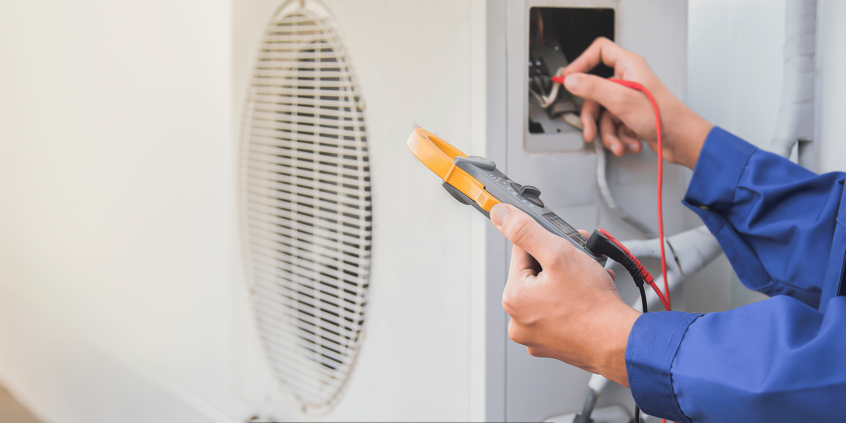Having a new AC unit installed or modifying an existing one is a task that many people undertake. Although some minor AC jobs may not necessarily need permits, most municipalities have put in place specific rules that compel the contractors to acquire permits, especially for extensive jobs such as new installations. Permits assist in ensuring that the job is done and complies with the building codes and safety measures set.
Find more information about AC permits below:
When Permits Are Needed
In many areas, you need an AC installation permit if you are:
– Purchasing and installing a new AC from the ground
– Changing an existing HVAC system with another type or capacity
– Installation of additional ductwork to contain a new air conditioning system
– Re-wiring the electrical connections for the new AC unit
Permits make sure the work is done correctly by a licensed contractor. They also enable the inspectors to ascertain that the AC unit being installed is of suitable size for the space and is correctly installed to work efficiently and safely.
Air conditioning permits can be of several types
Joint permits related to AC installations include:
Electrical Permit
– Required if electrical work and or rewiring for new AC is necessary for the building. This guarantees safe wiring that follows the set electrical standard.
Mechanical or HVAC Permit
– This is necessary for the installation of the physical air conditioning equipment as well as the related ducts. Ensures that the wiring has been done correctly and the correct size has been used.

Building Permit
– In furtherance of structural work such as cutting holes in walls for AC vents or units. Maintains safety and structural soundness of structures.
When Permits are not Necessary
Small-scale adjustments and corrections to an AC system do not typically necessitate permits.
Examples include:
– Fine-tuning existing AC equipment
– Recharging refrigerant levels
– Changing air filters
– Servicing existing ductwork
Secondly, portable air conditioners such as window air conditioners are not likely to require these permits, provided no structural or electrical alterations are done. Consult the specific state laws to make sure of this.
Applying for an AC Installation Permit
The process for getting an AC permit includes:
1. Contact the local building department
For permit forms, visit the respective state’s department, and for requirements, one needs to search in his area. In many cases, information about local municipalities is posted on their websites.
2. Obtain a permit application and pay the necessary fees
Include details such as the complete address of the property, the model and brand of the AC unit, and the service to be rendered. There is a permit fee that is charged depending on the location where one is accessing the rights of way.
3. Get plan approval
The building department will scrutinize plans so that works will conform to the set standards. Other documents such as drawing or duct calculations may be required.
4. Complete inspections
AC system work will be inspected at different intervals and on completion before the system is released for use.

Using Licensed Contractors
Sometimes, localities demand the service of a licensed HVAC contractor when undertaking major AC projects that call for a permit.
Hiring professional contractors ensures:
– Sizing and zoning and proper installation of the AC equipment
– Managing permits and inspection
– Meeting building codes
– Adherence to safe practices and quality workmanship
However, where permits are not required, hiring qualified personnel to work on AC projects is advisable. Reliable contractors are capable of doing installations of heating and cooling as they know how to do it right.
Air Conditioning Permits Save Homes
While permits make the installation process of an AC longer than it should be, they are necessary to maintain safety. Inadequate wiring could lead to fires or electrical shocks affecting the residents. Defective equipment or ducting can emit toxic gases or give out prematurely. Permits assist in eliminating the said risks.
When planning AC jobs, check early to see if permits are needed for the type of work you want. Awareness of local ordinances benefits homeowners who undertake improvements and society in general. Permitted work is recorded, inspected, and guarantees professional standards are met.

